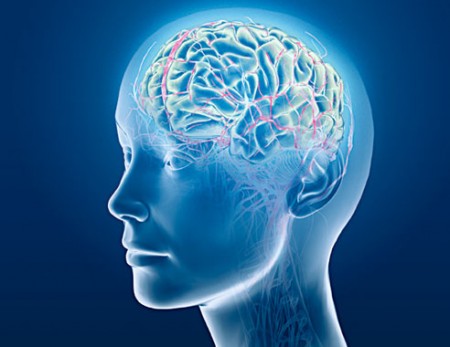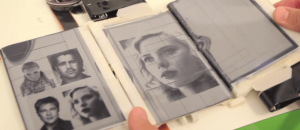If you are like me then at some point you have forgotten one(or more) of your passwords. Even if you didn’t forget, passwords can still be vulnerable if strong ones aren’t created. What if you could log in to your accounts by simply thinking?
A BBC video narrated by Sumi Das displays the work of Professor John Chuang of U.C. Berkley School of information, which is centered around a thought based verification process. This process uses EEGs(electroencephalograms) in order to identify a person’s brain wave for use with the verification process. Instead of traditional cumbersome electrode caps, the process utilizes a relatively non-intrusive electrode headset to detect brainwaves.
Setting up what the BBC’s Sumi Das referred to as “passthoughts” currently takes about 40 minutes although Chang hopes to cut this time in half. Users have to carry out several thought activities unique to themselves in order to set up a “passthought”. In terms of security, even if two persons think of very similar or identical things the process is able to distinguish them as being unique. I guess it really is true that two persons observing the same scene really don’t see the same things then.
While this is definitely groundbreaking research, the video raises questions about possible problems with the technology such as the possibility of exploits. It is however quite a new technology and all of these issues are being examined by Chang.
Don’t take my word on how seemingly awesome this technology is though! Take a look for yourself from the via link below! This technology looks quite promising for verification applications in the future and I hope it doesn’t simply fade away.
[via BBC, image via SLEEPWARRIOR]

 Email article
Email article




